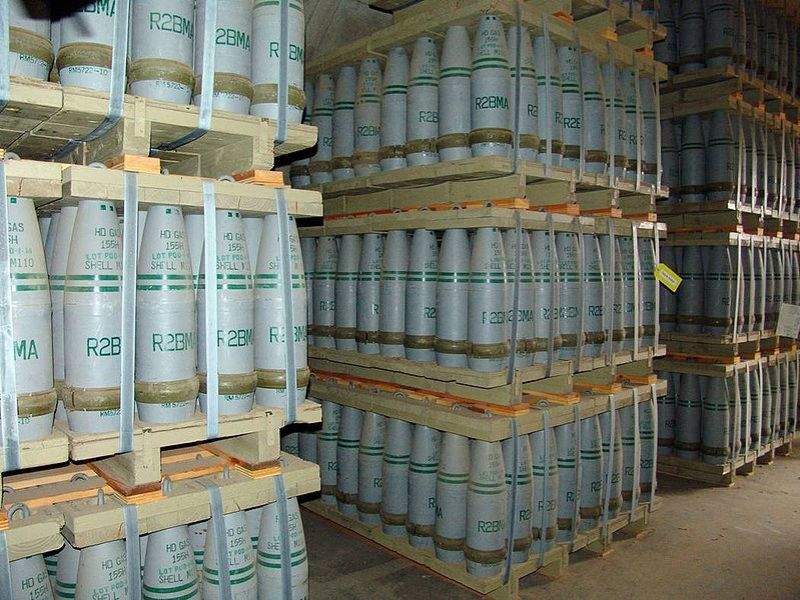
The EU Council has formally adopted new restrictive measures on chemical weapons at the Foreign Affairs Council in Luxembourg.
The regime has been adopted to address and reduce the rapid growth and use of chemical weapons, which pose a serious threat to international security.

Discover B2B Marketing That Performs
Combine business intelligence and editorial excellence to reach engaged professionals across 36 leading media platforms.
Under the measures, EU members will be able to impose restrictions on persons and organisations directly involved in the development and use of chemical weapons, irrespective of their nationality and location.
The restrictive measures are also applied to those who provide financial, technical or material support for the weapons, as well as those who assist, encourage or are associated with their development.
UK Foreign Secretary Jeremy Hunt said: “For years there has been an international taboo on the use of chemical weapons but that is at risk now after Syria and Salisbury.
“We now need to redraw the red line that says that for anyone using these horrific weapons the price will always be too high. These new sanctions are vital, but they are not the end of the story.”

US Tariffs are shifting - will you react or anticipate?
Don’t let policy changes catch you off guard. Stay proactive with real-time data and expert analysis.
By GlobalDataCurrent sanctions comprise an EU travel ban and an asset freeze for listed persons and entities. Funds made available to anyone listed by EU residents or entities will be prohibited.
The restriction supports the global prohibition of the weapons as laid down by the Chemical Weapons Convention to address the rising chemical attacks across the globe.
The current decision is a direct follow-up to the conclusions of the European Council of 28 June.





